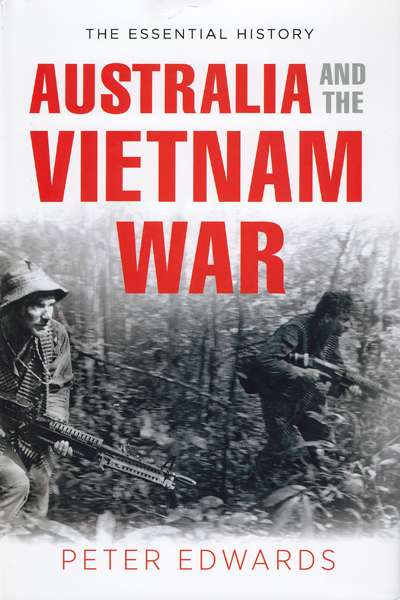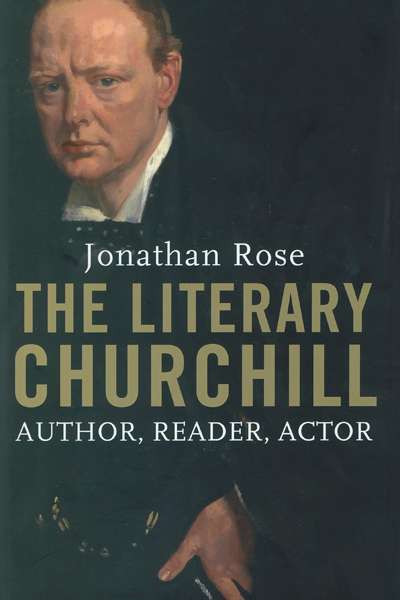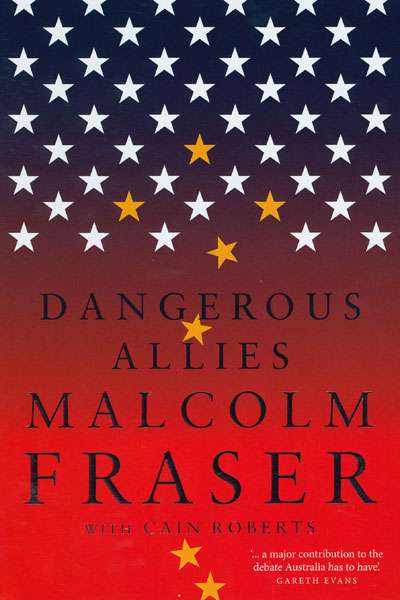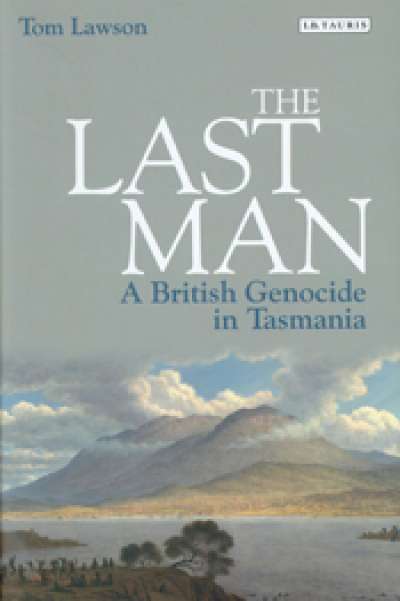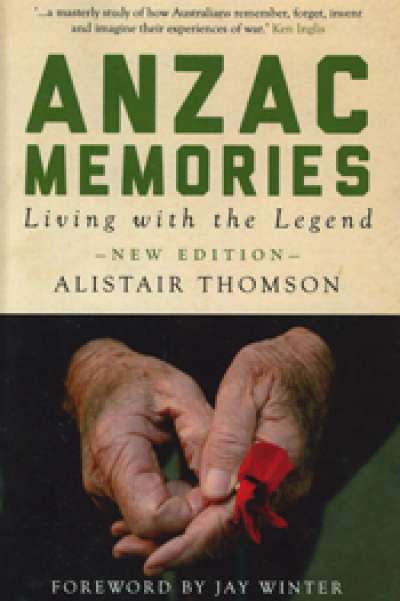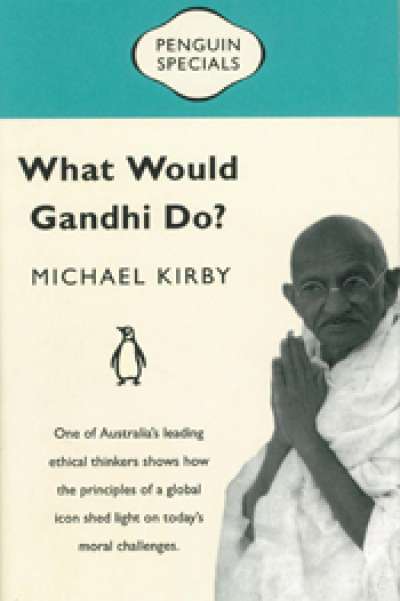History
Inside the Dream Palace: The life and times of New York's legendary Chelsea hotel by Sherill Tippins
In the heyday of Manhattan hotels, the Chelsea Hotel had its own special niche. The Pierre exuded wealth and exclusivity, the Plaza a sort of bourgeois glamour as the place where the bridge and tunnel crowd would throw caution to the wind and rent a corner suite for big occasions, and the Algonquin, with its round table and Hamlet the cat, radiated intellectual chic. The Chelsea had a sleazy, dangerous style, a place where almost anything went, where famous edgy artists got up to no good. It is no surprise that when, on a hot summer night in 1953, Gore Vidal and Jack Kerouac decided that they owed it to literary history to have it off, they chose the Chelsea for the momentous coupling. Even in late 1970s Manhattan, among a certain group to have sex at the Chelsea was considered almost a rite of passage.
... (read more)In 1966 as a young first-year cadet at the Royal Military College, I purchased Anzac to Amiens by C.E.W. Bean, which had been published twenty years earlier. Bean had been Australia’s Official Historian for World War I, and Anzac to Amiens was his masterly condensation of the twelve-volume official history of which he had been the general editor and principal author. It was to be many years before I purchased the twelve volumes or could find time and commitment to read them. In the meantime, Anzac to Amiens was my guide to the history of Australia’s involvement in the war. I still refer to it.
... (read more)The Literary Churchill: Author, reader, actor by Jonathan Rose
On the rear jacket of this fascinating and important book is a picture of Winston Churchill at his desk at Chartwell, his house in Kent, just a few months before the outbreak of World War II. Apparently caught in the moment of literary creation, cigar in mouth and concentrating on his papers, the photo credit – to a Picture Post photographer – leads to the obvious suspicion that this was actually a staged shot. For Churchill, his country home was not merely a place of repose but a writing factory, the output of which would earn him the large sums of money necessary for its upkeep. At the same time, his image as a man of letters served to advertise the product as well as to suggest the existence of a non-political ‘hinterland’ of the kind appropriate to a statesman of fertile brain and broad views.
... (read more)Dangerous Allies by Malcolm Fraser, with Cain Roberts
Coinciding with the World War I anniversaries, Malcolm Fraser’s book will polarise Australian opinion on a fundamental issue. It has never been raised in this way, for Australian leaders have not discussed decisions to go to war in public, nor sought popular approval of Australia’s alliances. Yet successive generations of young Australians have fought in British and American wars to support our allies and to ensure that they would defend us. In Korea, Vietnam, Iraq, and Afghanistan, the enemy were people who did not threaten Australia. But, as Fraser is not the first to observe, cowed countries do as great powers demand, while in return great powers do what suits their own interests.
... (read more)In Australia, thinking ‘landscape’, ‘country’, and ‘place’ virtually interchangeable is the hallmark of a migrant society. This is obvious because of the skeleton at our feast, the contrast between Aboriginal and non-Aboriginal ways of seeing land. Both can agree that ‘there’s no place like home’, because ‘place’ here means ‘a place’, a particular place, home. But non-Aboriginal writing commonly separates ‘place’ and ‘home’ – two centuries ago because that was literally so; now often as proof that Australia is multicultural.
... (read more)In Iris Murdoch’s novel, The Sandcastle (1957), a young artist called Rain Carter is commissioned to paint a retired schoolmaster, Demoyte, an eccentric with an offbeat sense of humour. Instead of his usual attire – a shabby red velvet jacket with tobacco stains and bow tie – Demoyte turns up ...
... (read more)I have been looking at the world through tartan frames recently, thanks to the current exhibition ‘For Auld Lang Syne: Images of Scottish Australia from First Fleet to Federation’ and its accompanying catalogue. Actually, to call it a catalogue doesn’t do it justice; its 330 pages ransack dozens of different angles of the Caledonian experience, with essays by ...
Tasmania is a small place with a rich historiography. Two themes in particular have intrigued historians and novelists since the nineteenth century and have appealed to film-makers and artists in more recent times. The fate of the Aborigines and the convict system which dominated society from 1803 to 1853 ...
... (read more)Anzac Memories: Living with the legend, Second edition by Alistair Thomson
Be warned! The commemorative tsunami is on its way. As James Brown put it recently in Anzac’s Long Shadow (2014), we are now witnessing an Anzac ‘arms race’, as Australians compete to find ‘bigger and better ways to commemorate our sacrificed soldiers’. The bill to the Australian state and federal taxpayers, Brown calculates, will be nearly $325 million. With a further $300 million projected to be raised in private donations, the commemoration of World War I might ultimately cost some two-thirds of a billion dollars.
... (read more)Two years ago, Pulitzer Prize-winning author Joseph Lelyveld published a partial biography of Mahatma Gandhi (Great Soul: Mahatma Gandhi and His Struggle with India, 2011), which outraged public opinion in India and served as a vehicle for the self-promotion of leading politicians who railed against the supposed contents. Although the book was not yet available on the subcontinent, and so had not been read by the politicians, populist calls for its banning came thick and fast. The controversy could be traced back to a review of the book in the Wall Street Journal by an admirer of Gandhi’s nemesis Winston Churchill. The reviewer claimed that Lelyveld’s book allowed the reader to conclude that Gandhi ‘was a sexual weirdo, a political incompetent and a fanatical faddist’, not to mention a homosexual and a racist, something that the book itself did not say.
... (read more)


